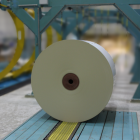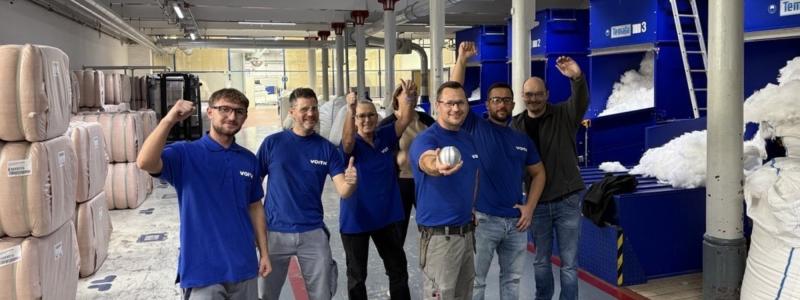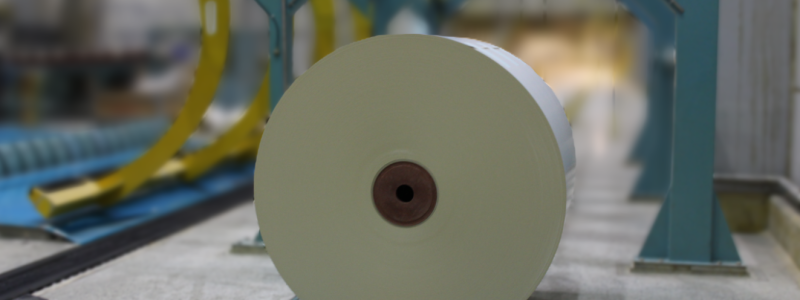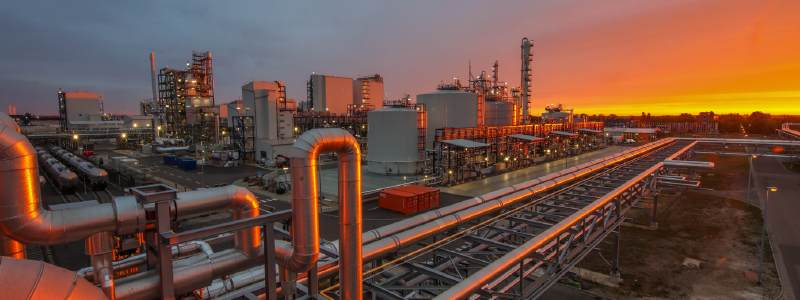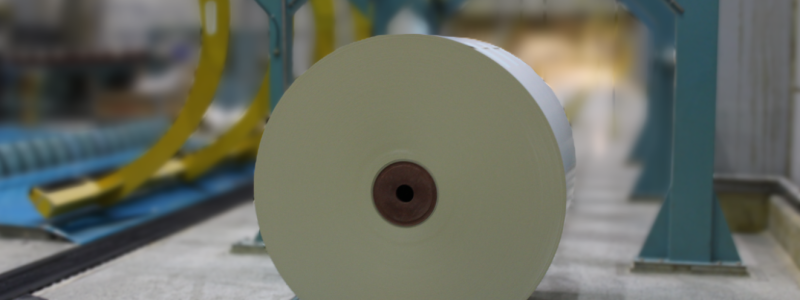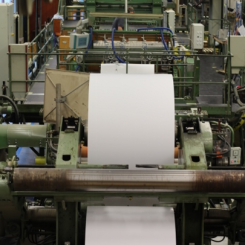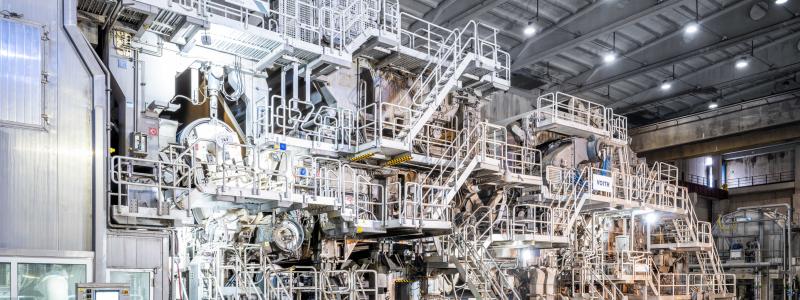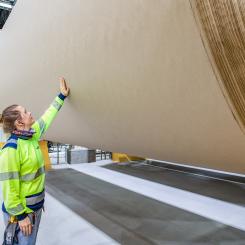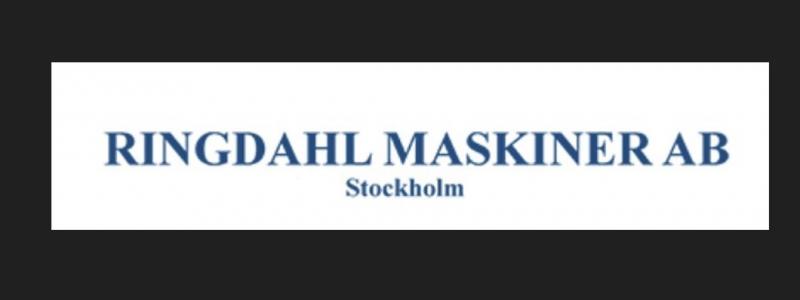VDMA: deforestation regulation is bureaucratic madness
The planned EU Deforestation Regulation urgently needs to be revised and its launch postponed by at least two years. It is poorly crafted and bureaucracy at its best, criticizes the VDMA (German Mechanical Engineering Industry Association) in a letter to the Commission.
In the VDMA's view, the EUDR must be revised urgently, and its start has to be postponed by at least two years.
In a letter to the European Commission and German Federal Minister of Agriculture, the VDMA warns urgently of the consequences of the EU Deforestation Regulation (EUDR). The regulation, which is to apply to large companies from the end of 2025 and to smaller companies from mid-2026, requires the complete traceability of products such as wood, rubber, and leather back to their plot of origin.
In the VDMA's view, the EUDR must be revised urgently, and its start has to be postponed by at least two years. “It is poorly crafted, as demonstrated not least by the extensive and constantly growing amount of questions and answers published by the Commission. The high level of administrative burden generated by the regulation, both for companies in Europe and in third countries, as well as for the authorities, is bureaucracy at its worst,” says VDMA President Bertram Kawlath. According to the VDMA, this massive paperwork could be significantly reduced with a few key changes without limiting the effectiveness of the regulation.
Bertram Kawlath, VDMA-Präsident
"It makes little sense that, in addition to the distributors of relevant raw materials and products, all downstream European value chain participants must also comply with full EUDR declaration and due diligence obligations.“
Bertram Kawlath, VDMA-Präsident
“In its current form, the EUDR is not practical, could lead to supply chain disruptions and serious delivery problems, and thus poses a major threat to the competitiveness of European companies,” states the VDMA letter. Although the mechanical engineering industry is not a direct producer of the raw materials concerned, it relies on components manufactured from these raw materials (e.g., seals, tires, or conveyor belts), some of which are also marketed as spare parts. “It makes little sense that, in addition to the distributors of relevant raw materials and products, all downstream European value chain participants must also comply with full EUDR declaration and due diligence obligations,” emphasizes Kawlath. The bureaucratic burdens of the regulation are enormous and disproportionate to the intended purpose.
In its response to the EU consultation, the VDMA calls, for instance, for a restriction of due diligence obligations to the first distributor, the introduction of de minimis rules for very small quantities, minor deliveries, and negligible raw material content in products, as well as exemptions for test products, operating instructions, and returned goods.
The association is convinced that the Deforestation Regulation needs to be fundamentally revised and its application postponed by at least two years. “In its current form, the Deforestation Regulation is a bureaucratic monster. To prevent it from jeopardizing the competitiveness of European companies, it must not be implemented in this form under any circumstances,” says the VDMA President. The association is calling on the EU authorities and the German federal government to work towards an economically viable and bureaucracy-free implementation.
With 3,600 members, the VDMA is the largest network organization and an important voice for the machinery and equipment manufacturing industry in Germany and Europe.


